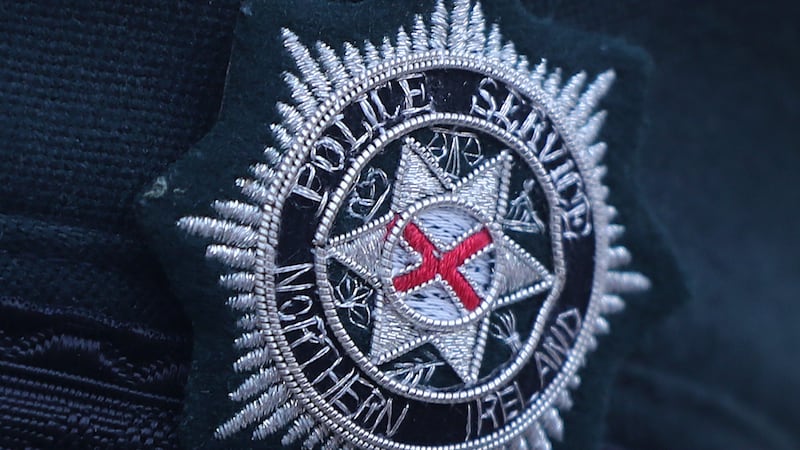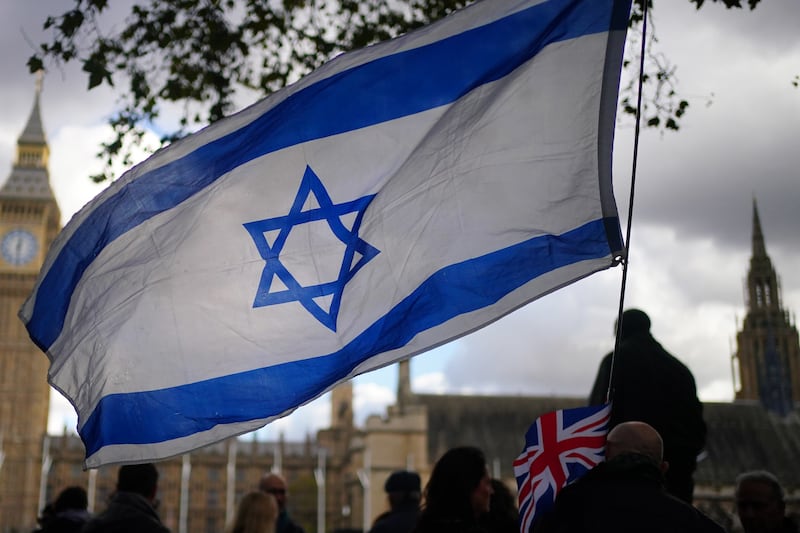THE PSNI is facing "a huge problem" after its decision to fine anti-racism protesters "ruptured relationships" with some black and ethnic minority leaders, Amnesty International has claimed.
The human rights group said that community "perhaps more than any other (which) needs to have confidence that police will protect them against crime - especially hate crime".
Protesters, still facing the threat of prosecution, have raised concerns of "institutional racism" in the north - at a time when the PSNI itself has acknowledged falling reports of racist hate crimes "could indicate a lack of reporting and potentially a lack of confidence".
Phoenix Law, which is representing some of those fined during socially-distanced Black Lives Matter protests in Belfast and Derry on June 6, said questions have been raised "in respect of the discriminatory approach adopted".
Enforcement powers allowing the PSNI to issue up to 70 fines for breaches of coronavirus lockdown regulations were passed by ministers just hours before the protests.
A week later no fines were issued when hundreds of people gathered to "protect Belfast cenotaph" - with many participants reportedly not social distancing.
The firm said the "markedly different approach" and "clear disparity in treatment of the various protests" by the PSNI is "gravely concerning".
"Contrary to the approach adopted to other protests, some of our clients were interviewed under caution for facilitating or encouraging a breach of the law."
It said the protesters "strenuously deny" the allegations and have raised concerns "there appears to be a blatantly different approach adopted to them, than to that of other protests were no cautions, interviews or arrests were made".
Amnesty Interntional programme director Patrick Corrigan he believed there was a "marked difference" in the PSNI approaches and it is "no surprise that this has now ruptured relationships with some of Northern Ireland's black community leaders".
"The loss of confidence in the PSNI among some black community leaders now presents the police with a huge problem," he said.
"Racist hate crimes now outnumber sectarian ones [702 in 2018/19 compared to 622] - considering the black and minority ethnic community makes up less than one per cent of Northern Ireland's population, these numbers tell a frightening story.
"Only a tiny fraction of these crimes result in the offenders being brought to justice. For the PSNI to improve outcomes in investigating hate crimes, they need to have the confidence of the communities being attacked, both to report crimes in the first place and then to work with the police in bringing prosecutions."
Mr Corrigan said Chief Constable Simon Byrne must act now consider to rebuild confidence by "withdrawing the fines and prosecutions".
The PSNI, which has previously insisted it is "committed to discharging its policing responsibilities in an inclusive, non-biased, lawful and proportionate manner", last night said it had no further comment to make.








